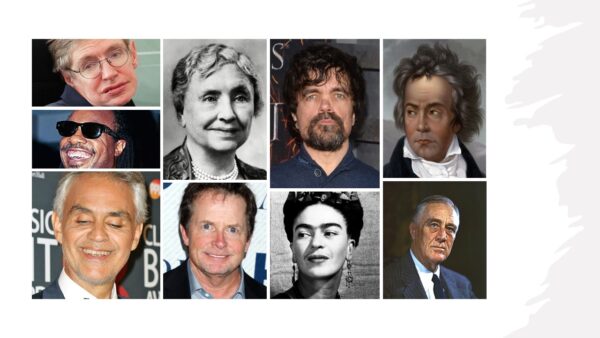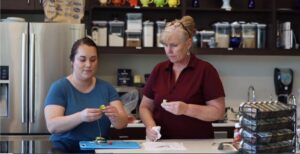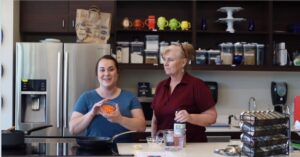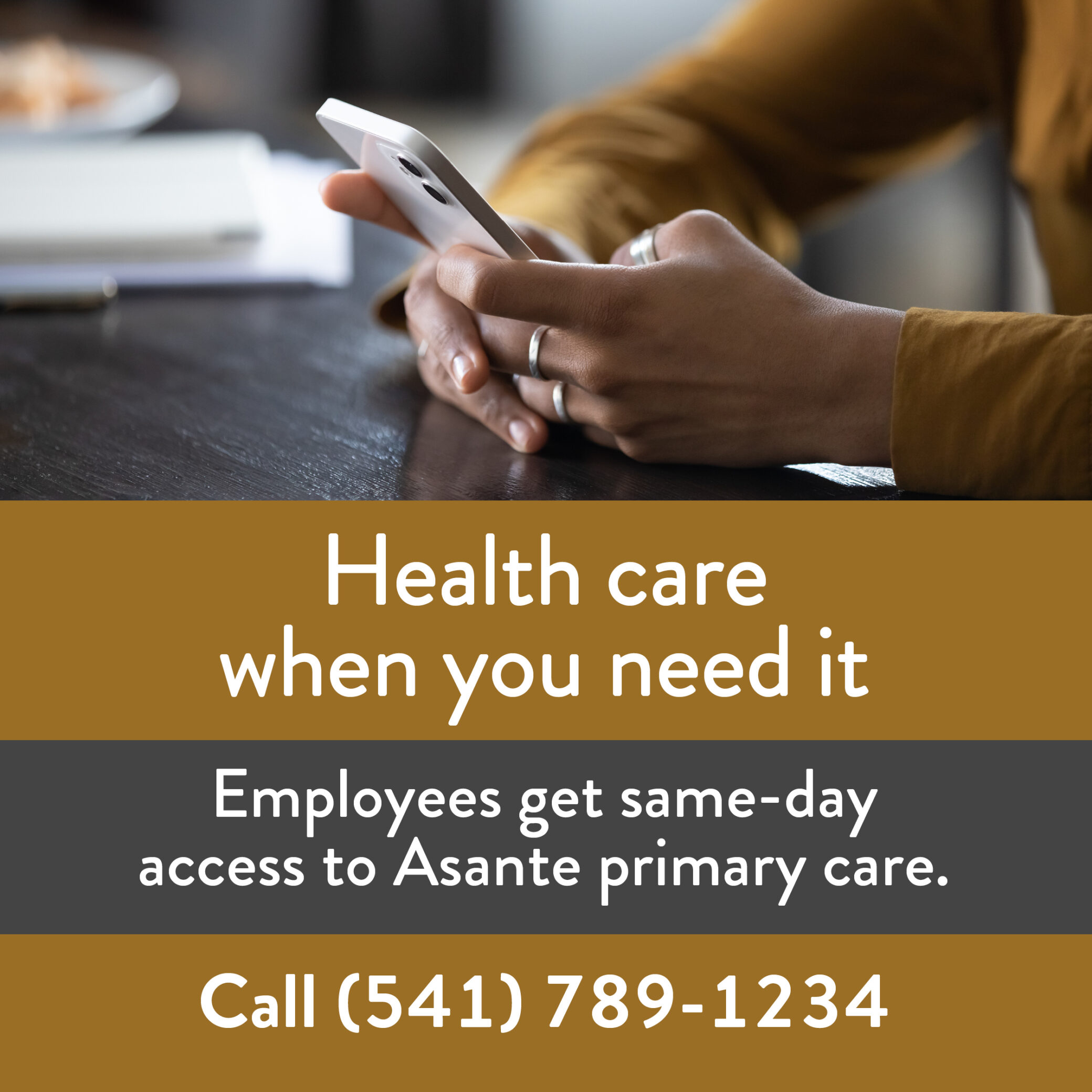Share:
In the United States, July 26 is National Disability Independence Day. The intention is to celebrate equal opportunity for people with disabilities. Not coincidentally, July 26, 1990, is also when President George H.W. Bush signed into law the Americans with Disabilities Act. It is hard to believe that was 33 years ago.
The purpose of the ADA is to ensure that individuals with a disability have the same rights and opportunities as everyone else. The ADA prohibits discrimination against people with disabilities and promotes belonging, inclusion and equity. The ADA has expanded opportunities for people with disabilities by reducing barriers, changing perceptions, and increasing participation in community life.
Disability inclusion in practice means everyone has the same opportunities to participate in every aspect of their life to the best of their abilities — that includes everyday activities with roles similar to peers who do not have a disability.
Disability inclusion also correlates to the way we speak about a person with disabilities.
People-first language
Referenced in the ADA, people-first language communicates appropriately and respectfully and recognizes person first and not their disability.
We can incorporate PFL when referring to a person with a disability without defining them by that disability. This emphasizes abilities, not limitations, and supports a person’s dignity. For example, “Jessica is the writer who has a disability” rather than, “Jessica is a disabled writer.”

What are they known for?
Clockwise, from top left: Steven Hawking, world-renown physicist with ALS; Helen Keller, author and disability advocate who lost her sight and hearing as a toddler; Peter Dinklage, Emmy-award winning actor with achondroplasia dwarfism; Ludwig Van Beethoven, who composed music despite adult deafness; Franklin D. Roosevelt, the 32nd U.S. president paralyzed by polio who served four terms; Frida Kahlo, influential artist who contracted polio as a child and later suffered a painful spine injury in a bus crash; actor Michael J. Fox, who continued public life after a diagnosis of Parkinson’s disease at age 29; Andrea Boccelli, an internationally lauded tenor who lost his sight at age 12; Steve Wonder, a musical pioneer who has been blind since infancy.
When speaking, emphasize the need for accessibility, not the disability. Avoid language that implies negative stereotypes; and do not portray people with disabilities as inspirational only because of their disability. Do not use language that suggests the lack of something.
Other examples of currently preferred references and expressions include:
- Accessible parking or restroom.
- Person with low vision.
- Person who uses a device to speak.
- Person with a disability.
- Person with developmental disabilities.
- Person with an intellectual or cognitive disability.
- Person who uses a wheelchair.
Disability is part of the human experience. Using words and phrases that emphasize understanding, dignity and respect can help promote belonging, inclusion and diversity. Not all people with disabilities agree on all preferred terminology. Individuals may vary on how they refer to themselves and how they would like others to refer to them, so listen. If you are unsure, ask. Communities and organizations are strongest when everyone can contribute.

ABIDE
Learn about the Asante Belonging, Inclusion, Diversity and Equity initiative on the committee’s SharePoint site.
If you have a question, please contact the author or relevant department directly.




5 Comments. Leave new
Such a beautiful article, Jessica! Thank you for your leadership and participation in ABIDE!
Thanks for this article. It takes awareness to drop old ways of speaking and writing. These ABIDE articles really help me realize that just because it was normal to say certain things or refer to people in certain ways, doesn’t mean it is appropriate now. As our culture evolves to be more inclusive and not just centered around the people who have traditionally help power and sway, we will all benefit from the gifts that people of all kinds bring to our lives and society.
One of the disabilities (those hard of hearing) in my view, is sadly lacking behind. Insurance companies will not pay for hearing aids. The Cisco phones that we have do not blue tooth to hearing aids that have that ability. As far as I know, the interpreter system we have covers languages but not hard of hearing. I can read very well but can’t hear well even with my hearing aids.
Great points Randy! That is so frustrating. I wonder what we could do as a community and health care workers to advocate for hearing aids to be paid by health insurance. I’ll be looking for opportunities now, thank you.
Hello Randy,
Thank you for the comment on this. We will send an email to your Asante email address with some information.
Nathan
Asante Human Resources